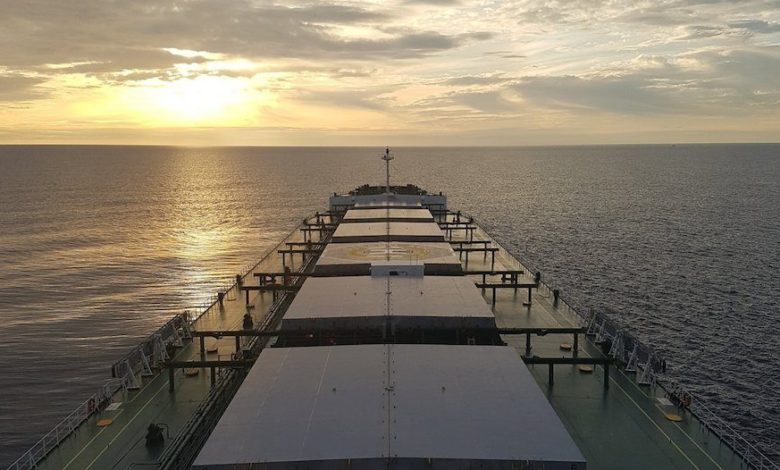Beyond 2020

The editor told me the world is my oyster, I have a free rein to discuss what I like in this column. He might live to regret that.
First up, let me get something off my back. I am increasingly fed up with every Tom, Dick and Harry giving such disastrous outlooks for the global economy. Stop and look at the stats. The fact is the world is in good shape with 3+% growth likely this year, a reduction over 2018, but still a very healthy figure, largely based on the development of the middle classes around the globe.
What’s noticeable is how trade spats are boosting many economies – and also the ton-mile picture for many shipping segments. China outsourcing production to Southeast Asia, a region that is booming, has spurred the global economy – and is noticeable too in, say, the latest results from Cosco. For all the worries about the tariff wars, remember world trade is flexible, it flows freely in different directions when hitting an obstacle, like water tumbling down a river. I predict no major economy suffering an economic catastrophe, certainly not before the elections next November in the US.
So, with that rant out of the way, onto specific shipping matters – and top of the agenda is IMO 2020. Frankly, I can’t wait until 2021 so that I don’t have to read/hear any more about the sulphur cap. I am tired of it – and tired of shipping’s excuse book. With barely 100 days to go, it’s still as if this a newly promulgated rule – it is not; it’s been in the works from nearly the start of the decade. And it’s only now that people are stressing, typical of this industry where people tend to leave things to the very last moment.
Still, while IMO 2020 might be frustrating, it is the renewed calls for slow steaming that are driving me more crazy over the past month. Regulating how fast vessels should go is not clever, and those promoting it do not fully grasp the fundamental calculations of how shipping actually functions. Obviously, this rule would not work for many ship types. Slowing down is a natural thing to do when the freight rate versus the bunker price is below a certain level but there is an exponential curve on the speed so even just one knot completely changes all calculations. You cannot interfere and command speeds on voyage and ballast trip calculations. People need to understand how voyage calculations and their brutal curves actually work — they are so sensitive.
Another big topic making headlines in shipping has been the Poseidon Principles, a commitment by many western banks to promote credit lines to greener leaning shipowners. Commendable, yes. New and groundbreaking? Not so much. We used to do this to a large extent back in my DVB days, but we didn’t boast about it. It’s more about forward facing. If banks did not have any principles before they certainly need them nowadays – it’s what their clients and society in general are asking for. Ethics and principles are so vital for so many in shipping these days. Amen to that.
This article first appeared in Maritime CEO magazine. Splash readers can access the full magazine for free online by clicking here.

What a refreshing point of view! Dear Mr. Lunde, your bluntness on above issues is an oasis within the all-the-same-super-politically -correct opinions! I would love to read another article of yours !
Here you go, Vasiliki — 5 years’ worth of Dagfinn’s columns for us: https://splash247.com/author/dagfinnl/ Enjoy!
If I may, slowing down ships or sailing at reduced power to make a dent in GHG’s is a fine initiative. It would by default make the oft pitched over supply of tonnage a misnomer and freight / the Owners would be the winners (for a change!).. and it would help with emissions until the Black Pearl sets sail again.
I am with you Dagfinn. Good to see you as a contributor.
Dagfinn, came upon this only recently. There have been several discussions (and ongoing) about IMO 2020, its impact on frieght or whether scrubbers are the best solution. But the die is cast now and we need to just move on and accept what happens and plan for adverse outcomes at the same time. I for one do not subscribe to the logic that we sieve s&%$ to catch worms in the body, whereas in actual terms the body needs medication to not have those worms in the first place! Apart from this, in my view, the supply of HFO will be the major issue.